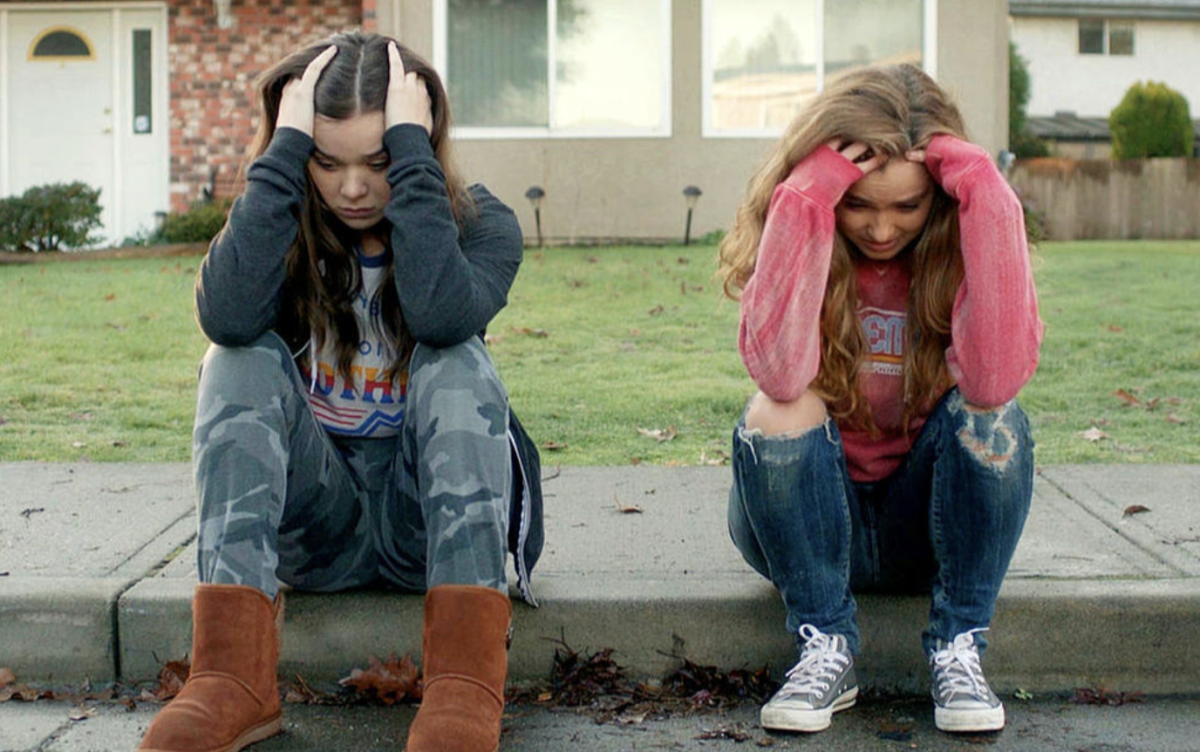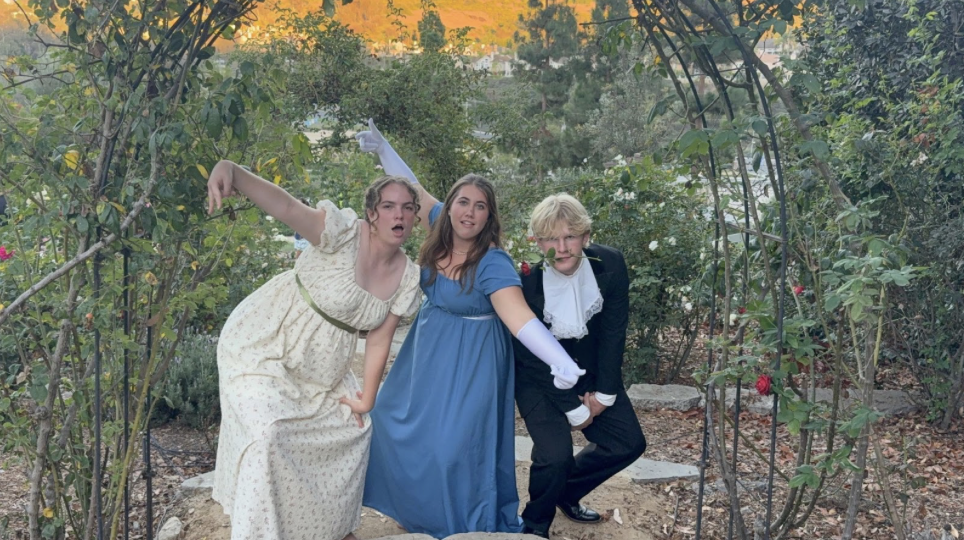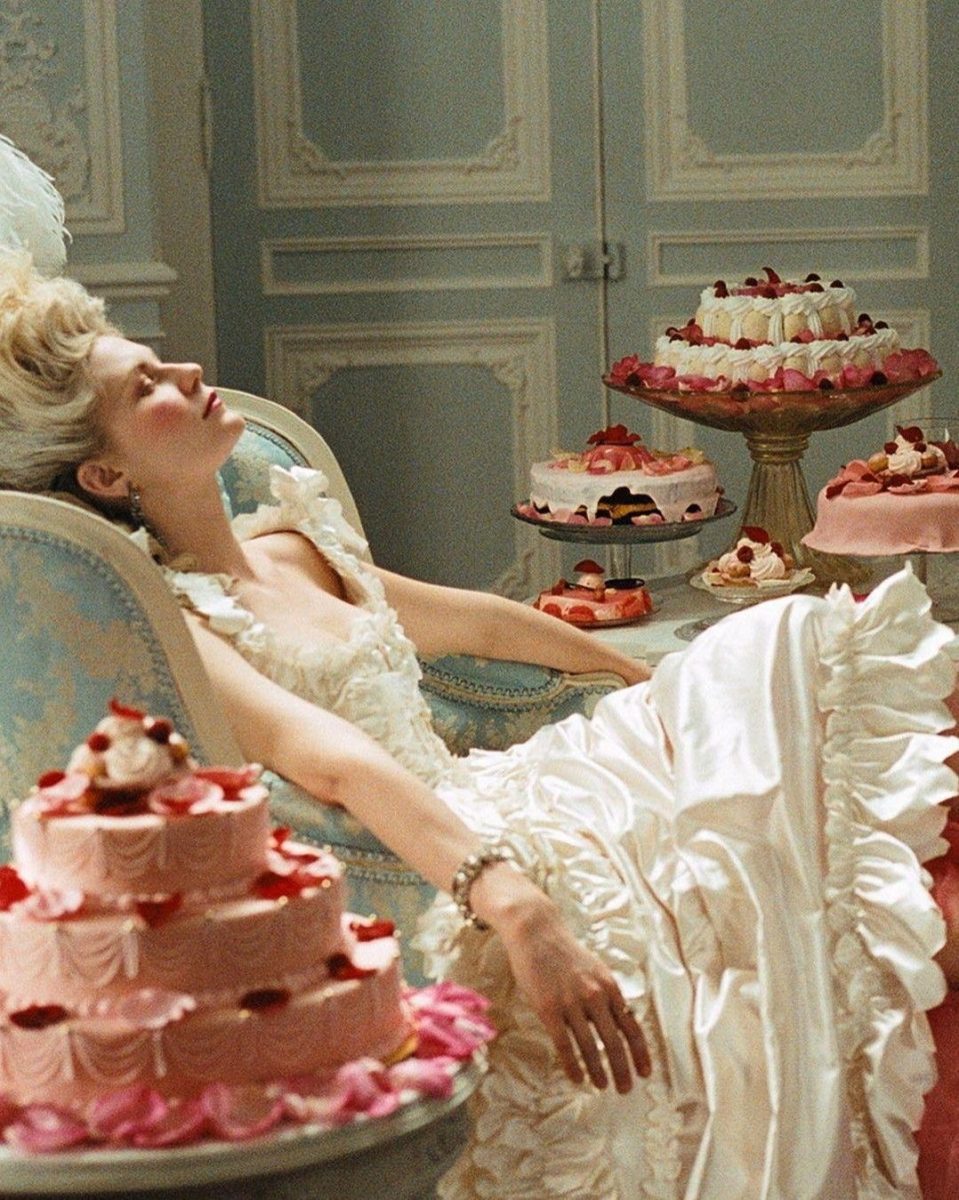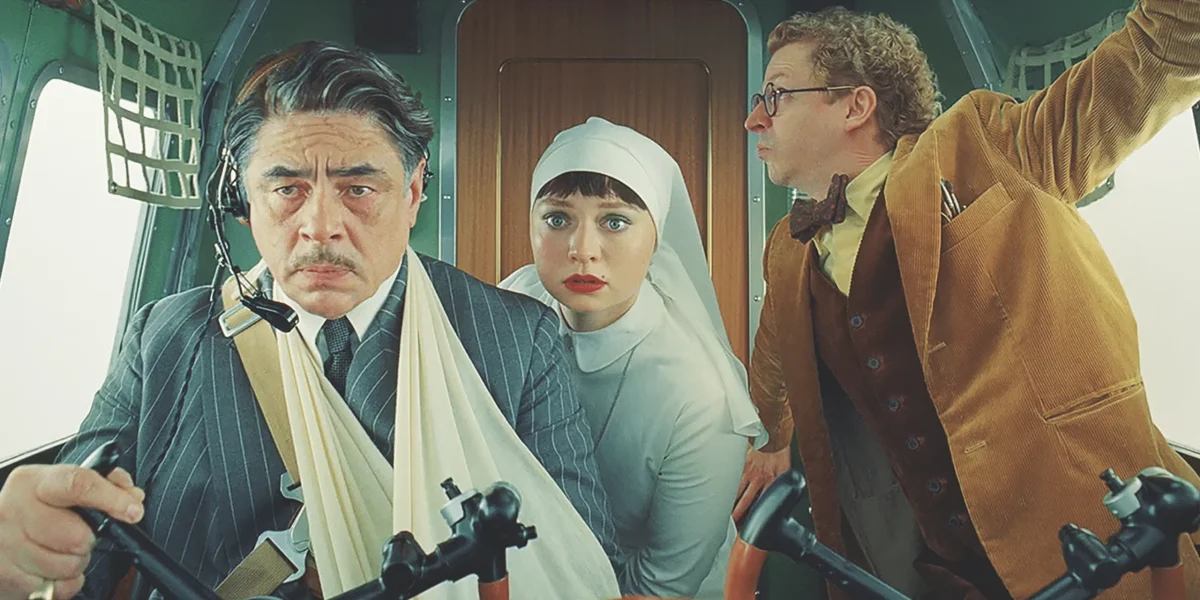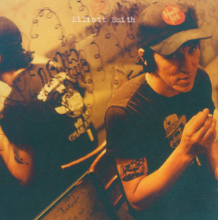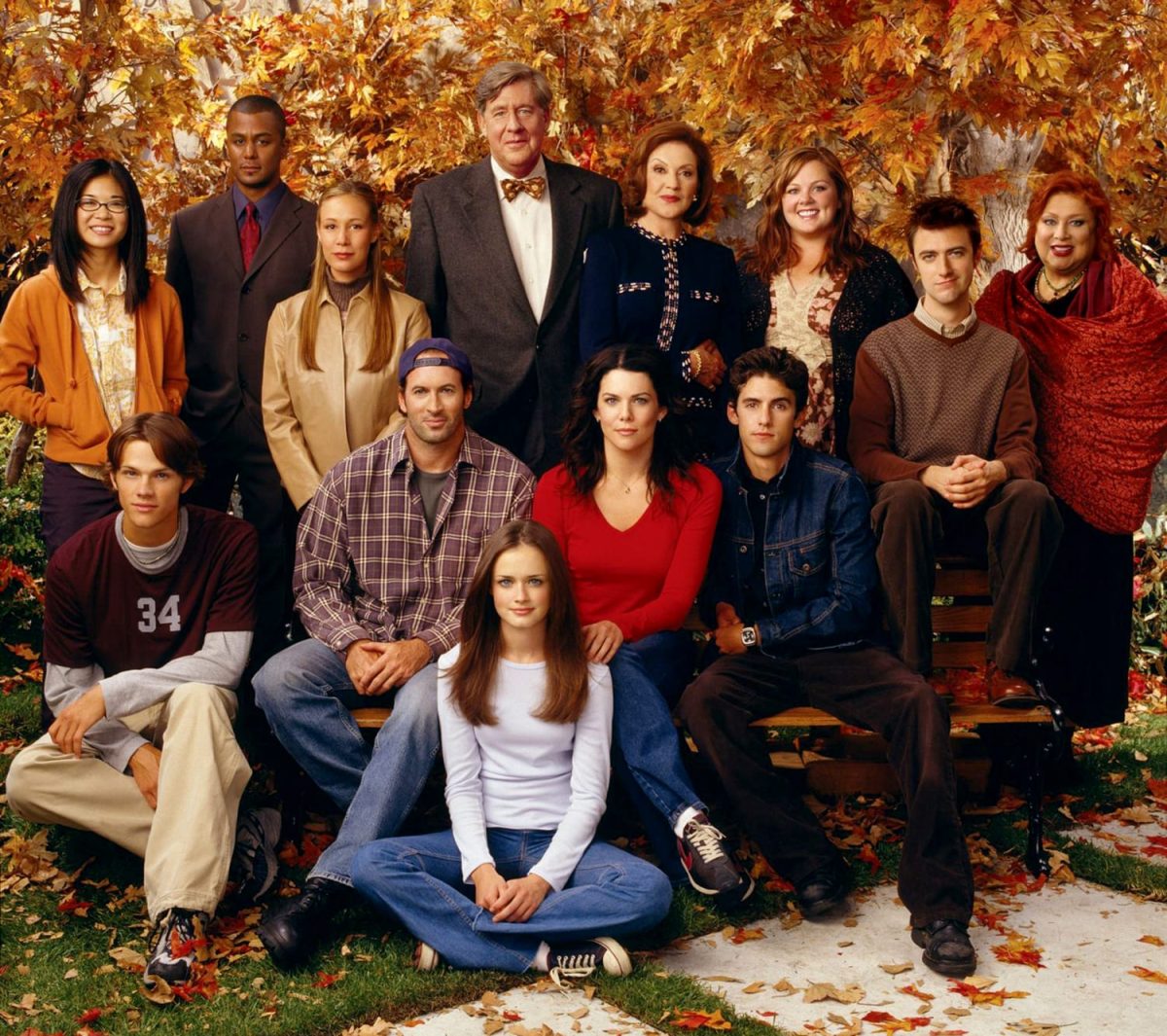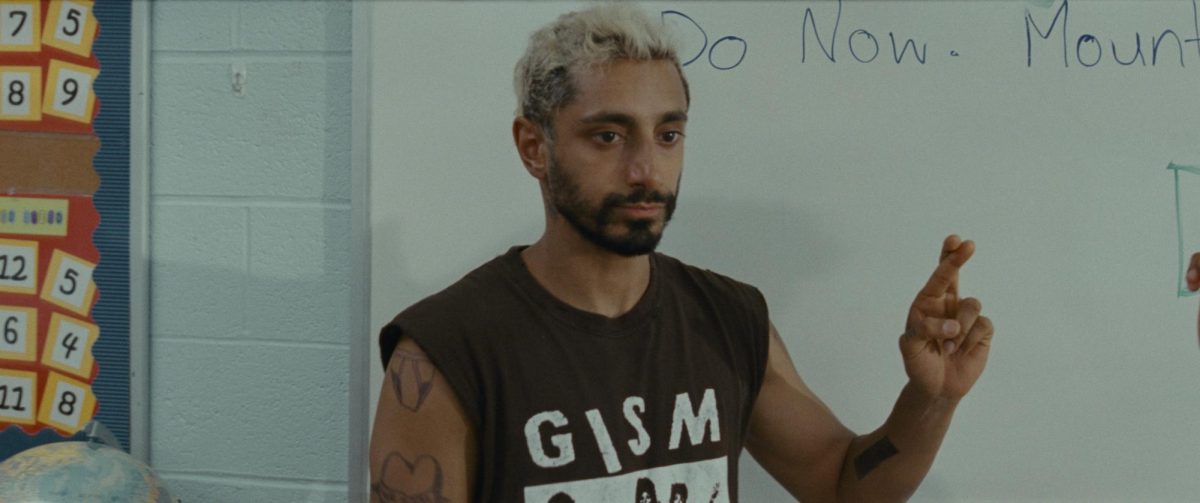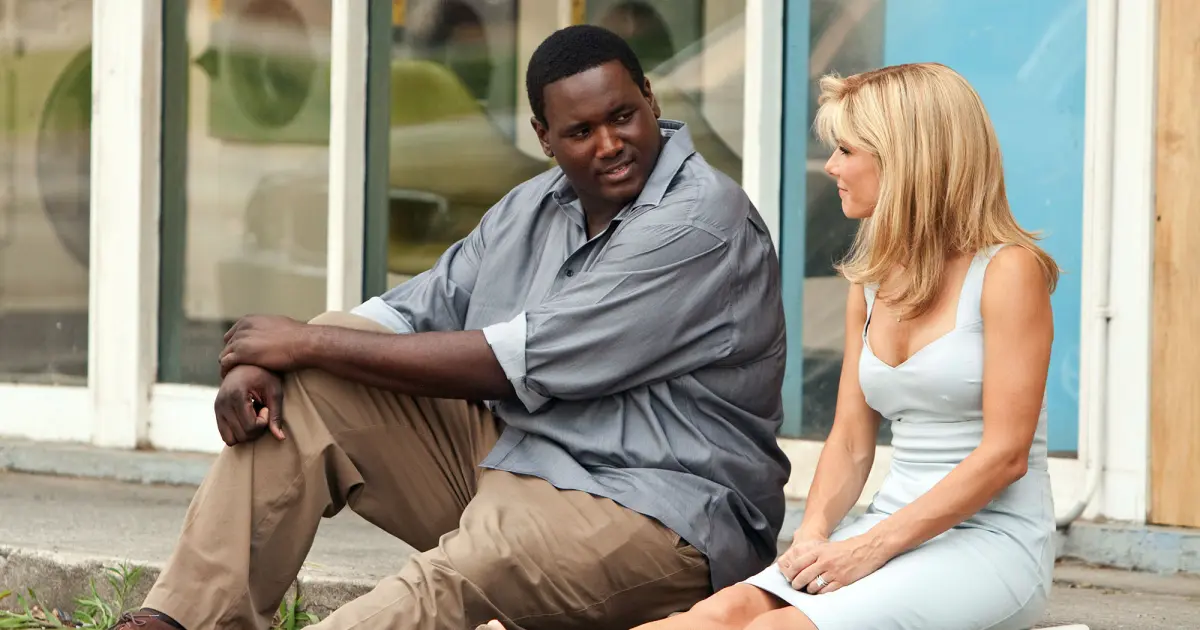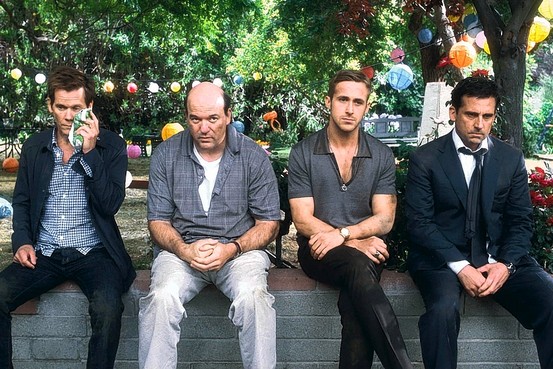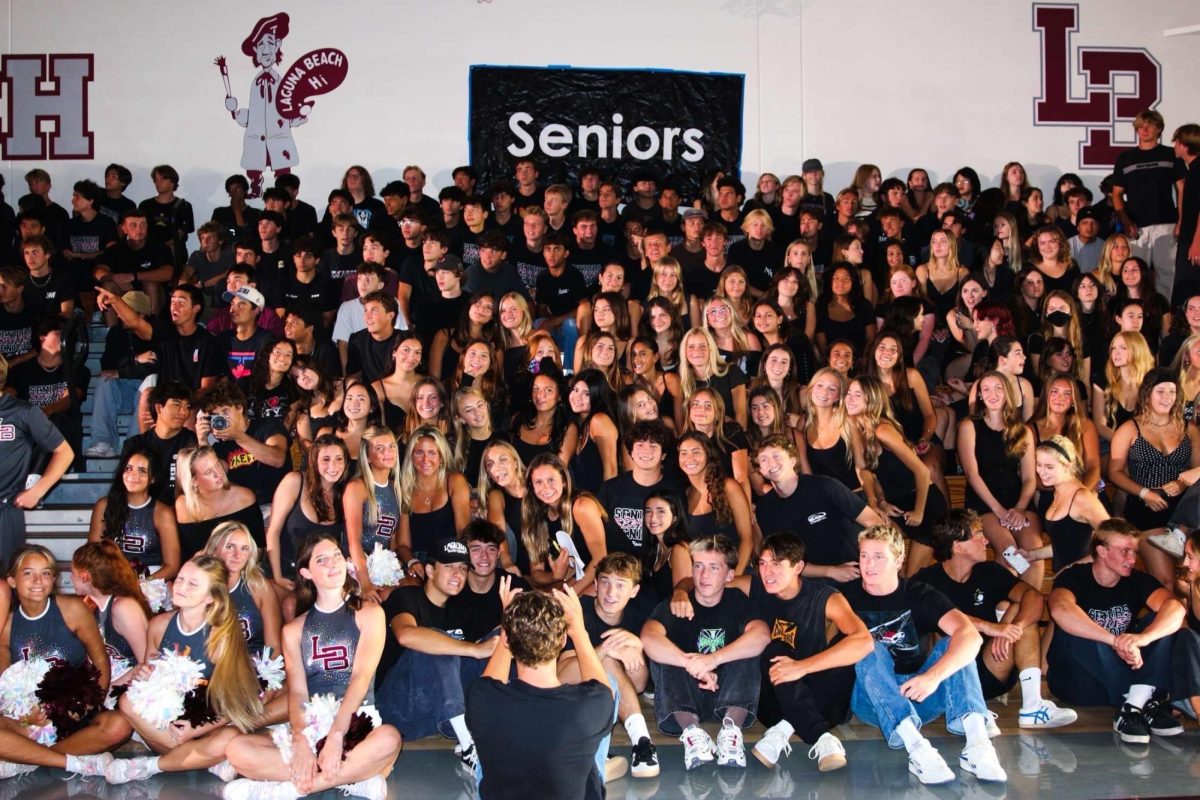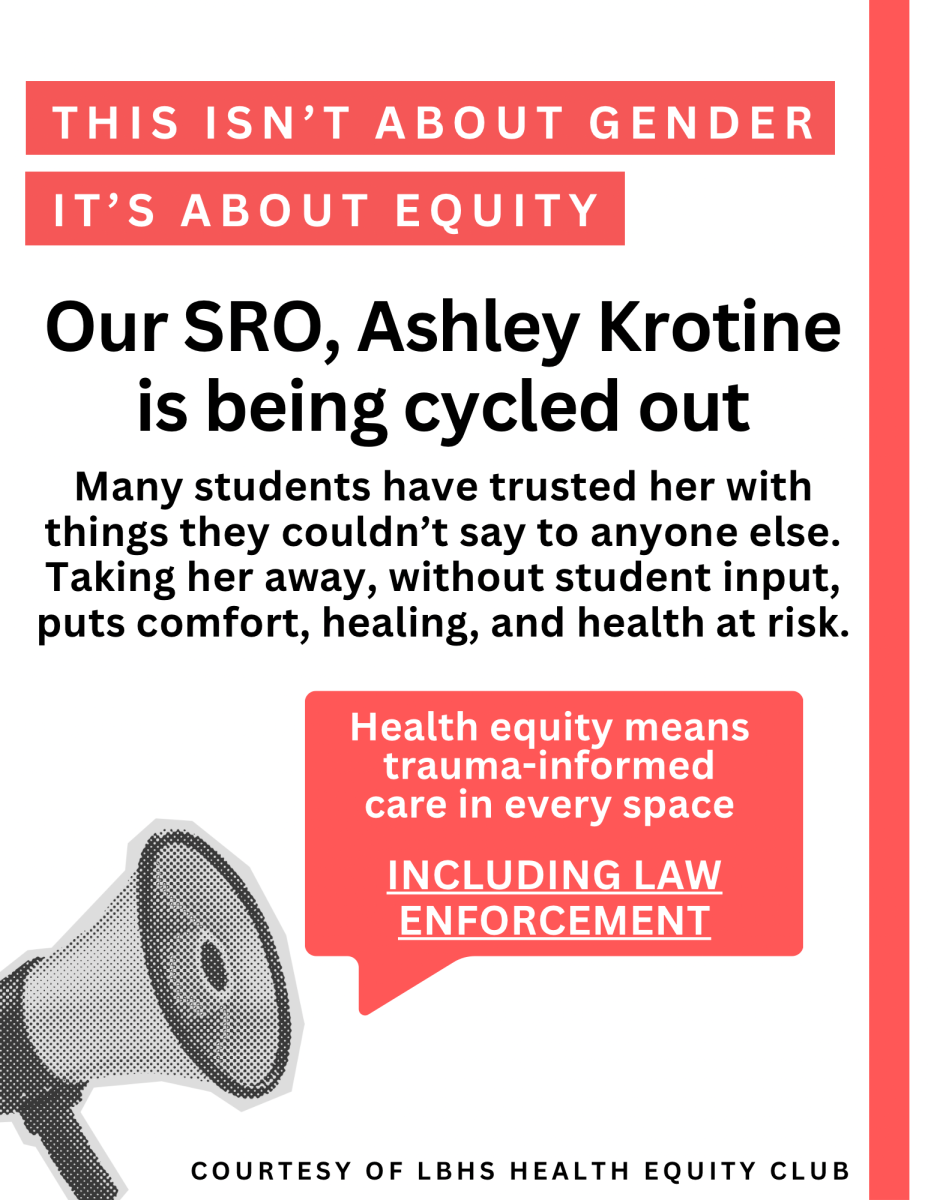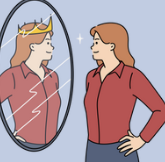In the worst year of high school – junior year – after her father passes, her best friend leaves her for her brother, and what’s left of her family is giving up trying to be there for her, life could not get worse for Nadine (Hailee Steinfeld). Through many different points of view, The Edge of Seventeen (2016) captures the loneliness, overthinking, and pessimism of a teenage girl who has always believed that everyone is out to get her. Rather than sugarcoating Nadine’s hardships, as well as those of everyone who has to deal with her, director Kelly Fremon Craig makes the emotions in the film wholly realistic while highlighting the disorders Nadine deals with on a daily basis, even since she was a child.
Nadine has felt second to her older brother Darian (Blake Jenner) in just about everything. He received more attention from his parents, the opposite gender, and he attracted more friends than Nadine could ever find. But in second grade, Nadine gets lucky to find one friend who will stick by her for the rest of her life – or so she thinks – Krista (Haley Lu Richardson). Krista is the only one, besides Nadine’s late father, who puts up with Nadine’s extreme self-deprecation and anxiety until one morning when Nadine wakes to Krista sleeping with Darian.
Lost for words, Nadine is almost obligated to forgive Krista because she’s the only one who has genuinely been there for her. Although she makes Krista choose her or her brother, Krista has eventually had enough and can no longer handle Nadine’s codependency, choosing Darian after Nadine’s mental breakdowns.
It is not long before Nadine’s mother (Kyra Sedgwick) loses it on Nadine as well, no longer giving into her daughter’s constant requests in order to be hidden amongst her high school’s population. It causes Nadine to make unstable decisions, such as taking her mother’s car and leaving her behind and running away, all with the expectation that her mother will then come and pick her up by the end of the day.
While one also awkward but mentally stable classmate named Erwin (Hayden Szeto) makes the effort to talk to Nadine, he discovers her issue of how she only really thinks about herself. Not attached easily, Nadine fails to notice that he cares about her even though the two barely know each other, and she proceeds to the next person she can find that may listen to her rant about how much she hates her life: Mr. Bruner (Woody Harrelson), her teacher.
Throughout the rest of the movie, Mr. Bruner almost acts as a father figure to Nadine – while not always evidently comforting, he sits through her venting sessions, provides her a ride, and allows her to sit and wait in his home with his family for her mother to pick her up.
One thing I found very fascinating was the comparison of two important conversation scenes involving Nadine and Mr. Bruner. In the beginning of the movie, Nadine was telling Mr. Bruner she was sure she was going to kill herself, and instead of being worried or bringing more attention to her, he practically laughed in her face, telling her he was happy she would be gone from his life. Yet as we move forward and the movie comes to what really happened in this scene, he has an open ear, helping Nadine to calm down, giving her solutions, and providing her with money for ice cream. I noticed observing these scenes in comparison to one another that although it was never explicitly said, Mr. Bruner’s first reaction never happened. Rather, it was the way Nadine felt that everyone treated her, and the second reaction was the reality. Seeing this through different lenses undoubtedly spoke to me and it also allowed the audience to engage in both sides of the story. This was an exceptionally smart idea on Craig’s end; it really tied the point of the movie together and reminded people that not everything is aimed at them, let alone about them.
Finally, when Nadine’s mother is absolutely miserable chasing after her daughter and Darian has no choice but to pick her up, Nadine refuses to get in the car, which enrages her brother even more. She goes back into Mr. Bruner’s house, escaping Darian as he tells her it’s time to go, and chastising him as she believes he’s doing this to be praised by their mother. This is Darian’s breaking point, and at last, he gives her the cold and hard truth of how difficult she is. How he has to apply to colleges nearby to look after Nadine and their mother constantly. How happy he feels with Krista yet guilty inside because she was the only friend Nadine had. How Nadine has constantly victimized herself for the issues she causes yet never thought to even consider what Darian and the others were going through too, and because of her.
Nadine finally realizes how she had been looking at things, and after Mr. Bruner takes her home, she hugs her brother, bursting into tears and explaining why she’s been such a way all her life. The audience learns it was out of nothing but hate for herself. She did not hate her family or even particularly her life. She did not hate school nor the people she perceived bullied her. She hated herself, and the thought of having no one but herself as she grew older. It threw her into a deep hole for believing that everyone in her life hated her, and that she was, therefore, always the victim.
This movie truly moved me, and one reason why it’s my favorite movie is because although not on her extreme level, I felt I resonated with Nadine in some aspects. The people who sympathize with her and claim that she was gaslit into being a piece of work did not understand the point of the film. Although she was going through many hardships, the moral of the story was watching Nadine develop into a better person and notice her wrong. The audience had the opportunity to grow with her and watch her discover why she had been in such a hostile place her whole life.
I recommend this movie to anyone who struggles with feeling insecure or isolated or even those who believe they’ve never felt this way before to unlock a new perspective. You are never alone, and as Nadine says, you don’t want to be that person who thinks everything is about them.

